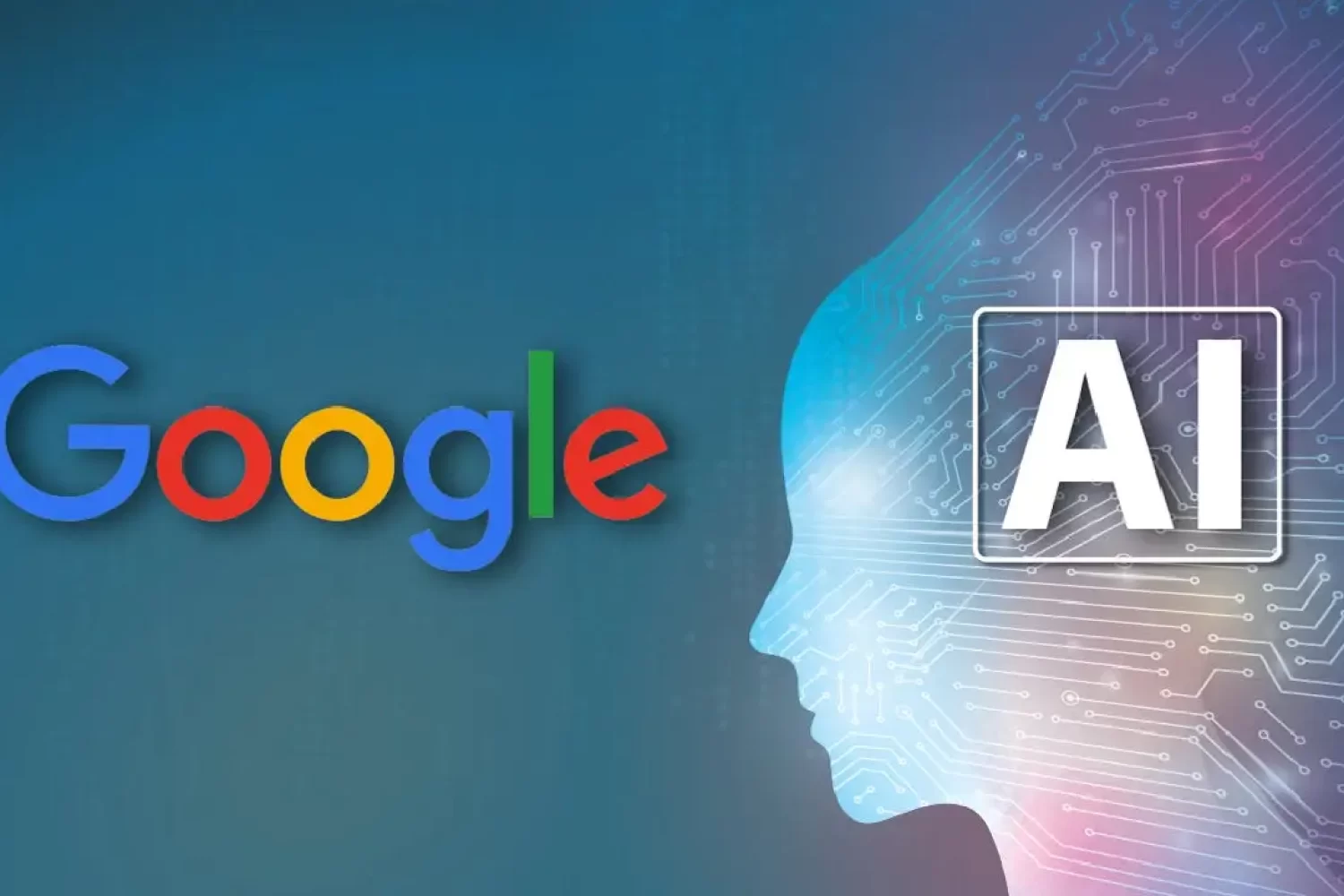Google, founded in 1998 by Larry Page and Sergey Brin, revolutionised the way we find information online. What started as a research project at Stanford University has grown into the world’s most popular search engine.
Google’s innovative approach to organising the vast amount of information on the web quickly made it a household name. Over time, the verb “google” has become synonymous with searching for information on the internet, highlighting its profound impact on our digital lives. Today, Google continues to lead the way in search technology, increasingly integrating artificial intelligence (AI) to enhance its capabilities.
If you’re looking to achieve high search engine rankings, you need to be aware how AI is impacting page referencing. To get the best results, perhaps hire a specialist company like Deepbluemedia, a Tenerife SEO company (although we operate around the world).
How Google is using AI in search
Google’s integration of AI into its search engine is a significant advancement in technology, aimed at providing more accurate, relevant, and useful search results. Here are some key ways Google is leveraging AI to transform its search functionality:
- Reading and Understanding Web Pages: AI algorithms, such as natural language processing (NLP), enable Google to better understand the content of web pages. This allows the search engine to interpret context, nuances, and the relationships between different pieces of information on a page, improving the accuracy of search results.
- Summarising Content: AI technology helps Google generate concise summaries of web content. By providing quick overviews, users can get the gist of a web page’s information without needing to click through multiple links. This feature is particularly useful for complex queries that require in-depth explanations.
- Improving Search Results: AI enhances the relevance of search results by learning from user behaviour and preferences. Machine learning models analyse vast amounts of data to predict which results will be most useful for specific queries. This continuous learning process helps refine search results over time.
- Relying Less on PageRank: While Google’s original PageRank algorithm was revolutionary, AI now plays a more significant role in determining search rankings. By focusing on content quality and user experience, AI algorithms evaluate websites based on various factors, such as relevance, authority, and user engagement.
- Enhancing User Experience: AI-driven features, such as voice search and personalised recommendations, improve the overall user experience. Voice recognition technology allows users to search using natural language, making it easier to find information hands-free. Personalised search results cater to individual preferences, ensuring that users receive the most relevant information.
- Automating Search Updates: AI helps Google keep its search index up to date by automatically identifying and indexing new content. This ensures that the search engine delivers fresh and timely information to users.
- Identifying and Filtering Spam: AI algorithms detect and filter out low-quality or spammy content, ensuring that search results maintain a high standard of quality. This improves the credibility and reliability of the information provided.
- Understanding Search Intent: By analysing user queries, AI can determine the intent behind a search. This allows Google to deliver results that are more aligned with what the user is actually looking for, even if the query is ambiguous or incomplete.
- Visual Search Capabilities: AI enhances visual search by allowing users to search using images instead of text. This technology recognises objects within images and retrieves relevant information, making it easier to find visually similar items or related content.
Closing thoughts
AI’s integration into Google’s search engine marks a significant leap forward in how we access and interact with information online. While some may have concerns about AI’s impact, it is undeniable that AI, when used responsibly, holds tremendous potential to improve our lives. By enhancing search accuracy, providing concise summaries and understanding user intent, AI transforms the search experience, making it more intuitive and efficient.
As AI technology continues to evolve, we can expect Google to further integrate these advancements into its search engine. The future of search lies in AI’s ability to deliver more personalised, relevant, and timely information, ultimately helping users navigate the vast expanse of the internet with greater ease. AI is not just a fleeting trend; it is a powerful tool that will shape the future of digital information and continue to redefine how we interact with the world wide web.

